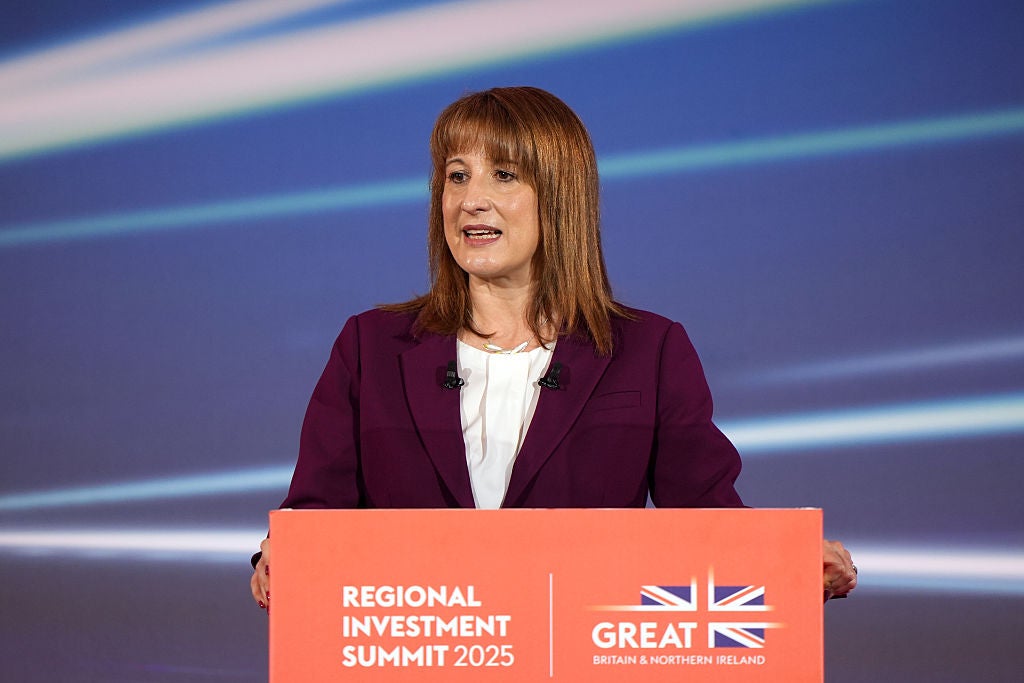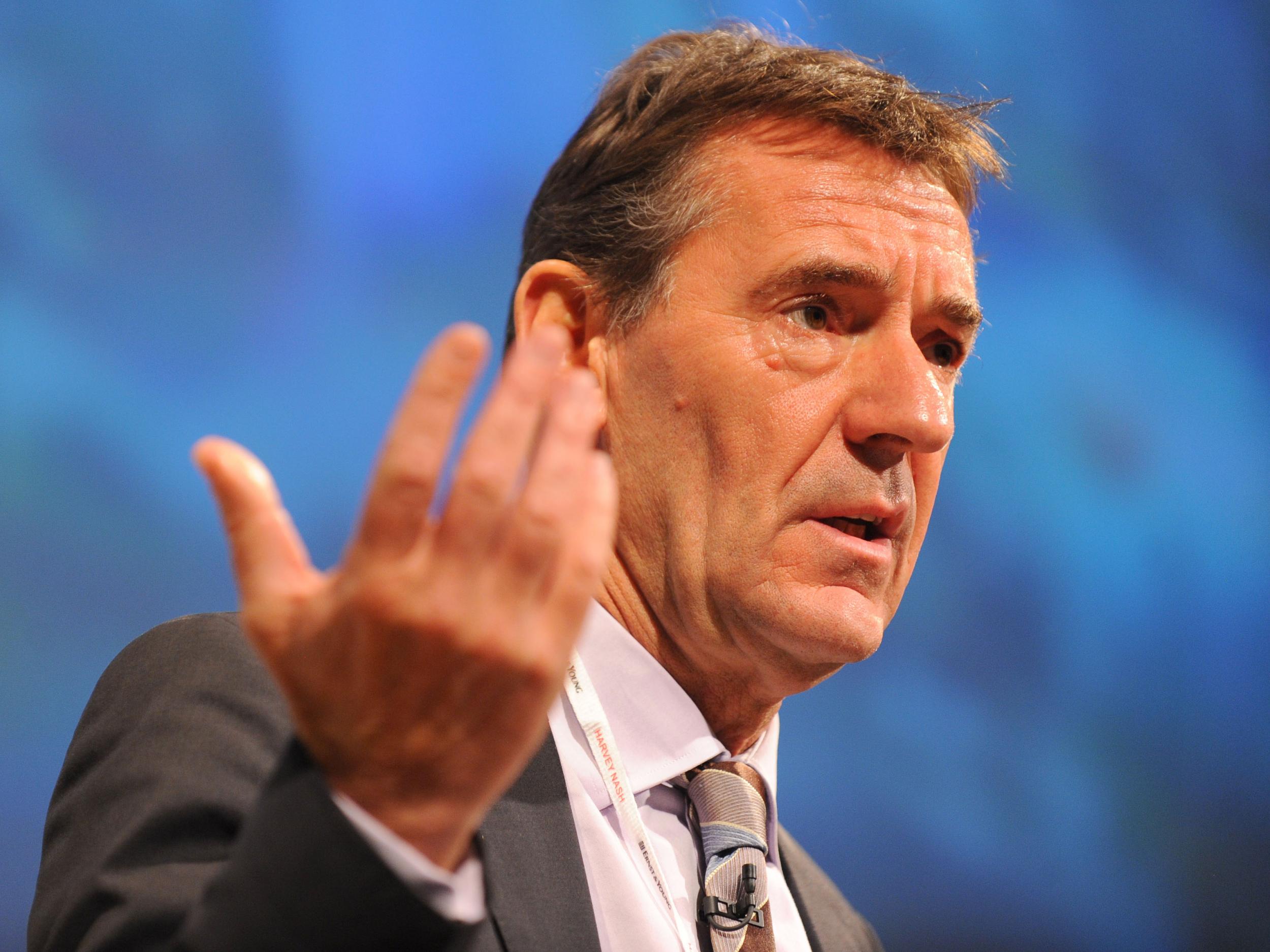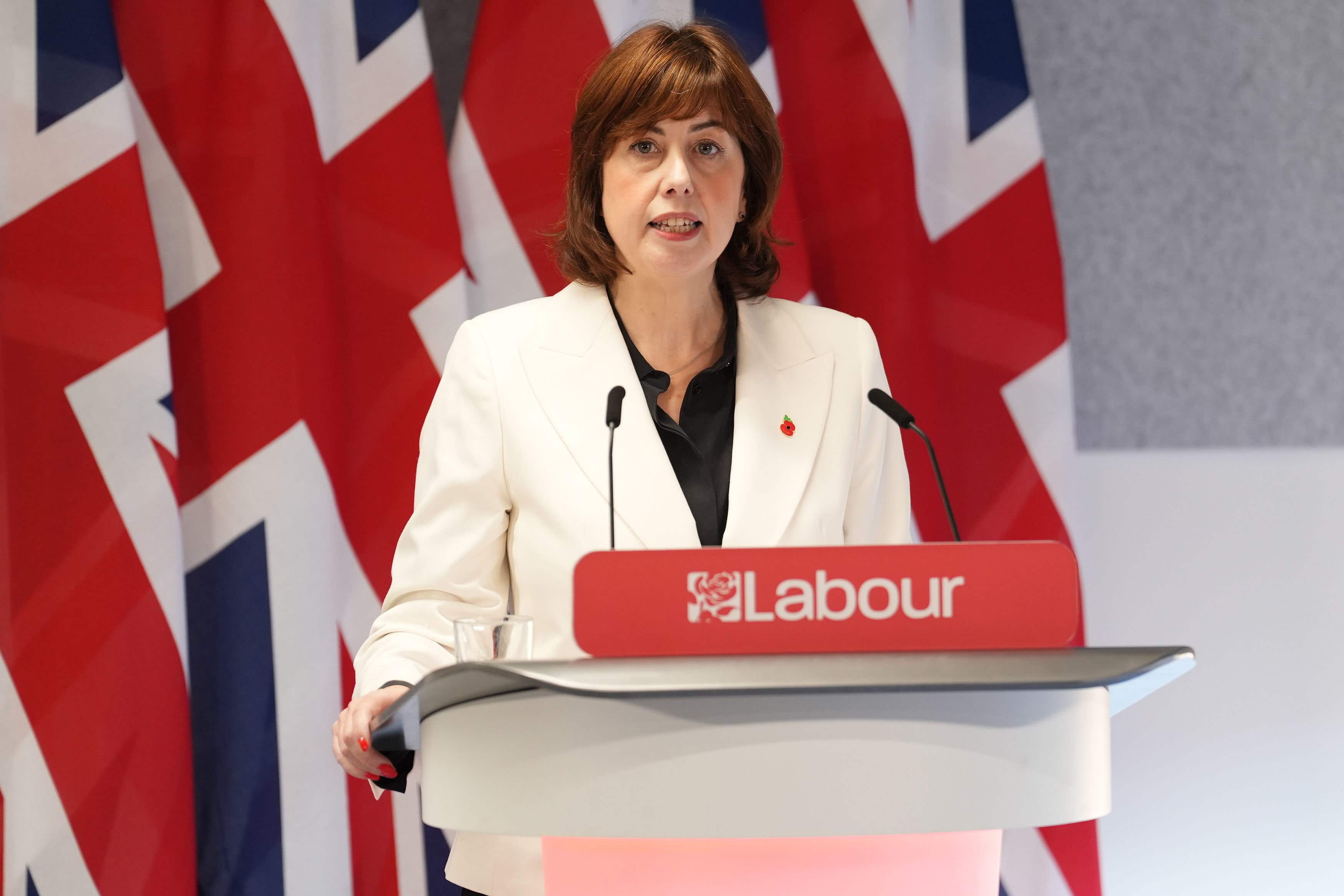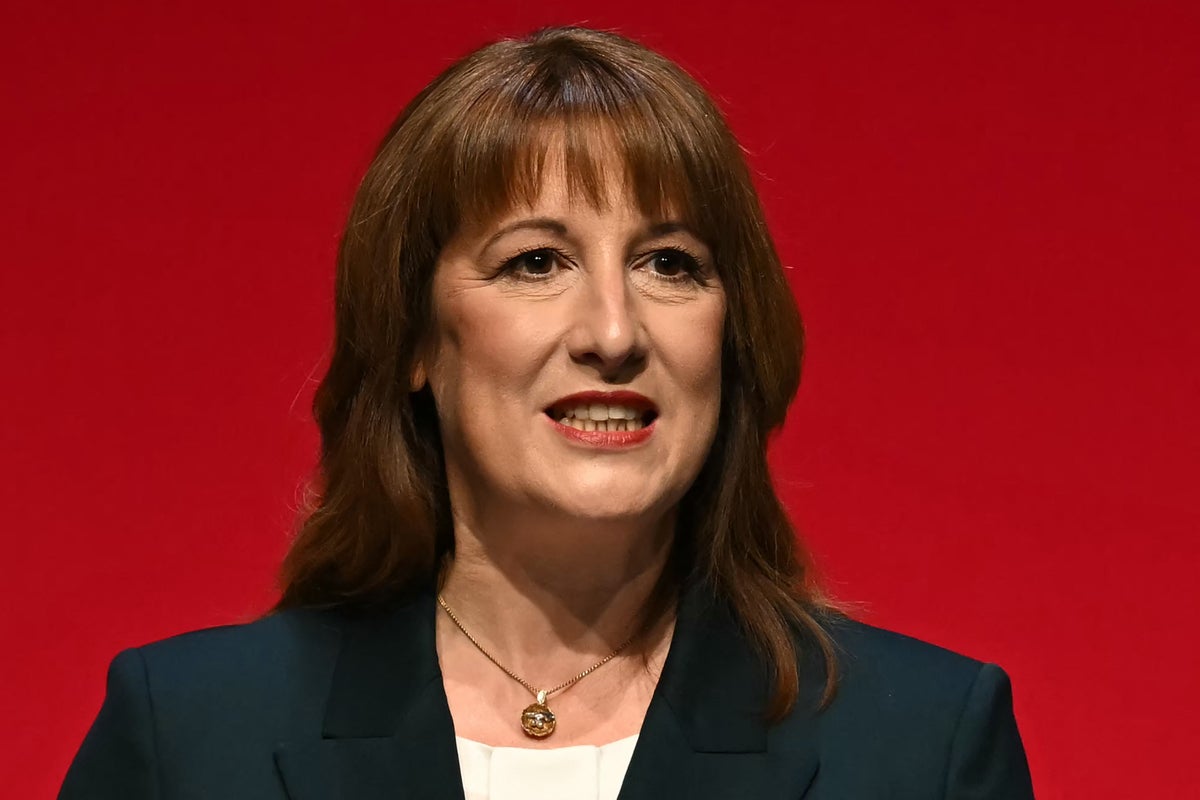Raising income tax or slashing public spending is the only way Rachel Reeves can balance her Budget, top economists have warned, after grim news on a key economic indicator left her with an extra £20bn black hole.
The chancellor was already facing a difficult budget on 26 November with a gap in finances of between £30bn and £40bn, but she was dealt a further blow when the Office of Budget Responsibility’s (OBR) downgrade of Britain’s productivity, first revealed by The Independent, means she must find a further £20bn.
Now, the respected Institute for Fiscal Studies (IFS) has warned that trying to balance the books by raising lots of smaller taxes instead of breaking Labour’s manifesto pledge not to increase income tax will “cause unnecessary amounts of economic damage”.
It comes after the chancellor said she also wants to increase her so-called fiscal headroom to deal with economic shocks above the current £10bn, after Donald Trump’s tariffs and the ongoing impact of wars in Ukraine and the Middle East left her short after following last year’s budget.

IFS senior researcher Isaac Delestre said: “It is possible to raise tens of billions without breaking the letter of Labour’s manifesto promise not to increase employee national insurance contributions (NICs), VAT or income tax rates.
“But it increases the risk of raising taxes in a way that would cause unnecessary amounts of economic damage, or add needless complexity to the system.”
He added: “Of course, she always has the option of reducing spending instead of increasing tax.”
His comments come as Ms Reeves is holding discussions over a raft of possible new taxes, including an annual mansion tax of 1 per cent on properties valued at £2m, a gambling tax, a bank profits levy, capital gains reforms for those selling their primary property, and ending pensions relief on tax among her many options.
But the man she brought in as her economic guru before Labour won power has warned the chancellor she must take a bolder approach.
Former Treasury minister Lord Jim O’Neill, the former head of Goldman Sachs, urged: “Proper reform. Get rid of the triple lock guarantee on the state pension annual increase, bring in true property tax reform, and start being serious about welfare reform.”

Professor Stephen Millard, deputy director of the National Institute of Economic Research (NIESR) think tank, agreed Ms Reeves will now have to go for one of the big taxes, likely income tax, to fill the hole.
He told The Independent: “Trying to fill the gap without changing any of the main taxes would mean a lot of small changes, making the tax system ever more complicated and less efficient.”
The chancellor has already confirmed that she will not borrow more money to balance the books, but she is under mounting pressure from within Labour to increase spending rather than cut it, with former prime minister Gordon Brown set to lead a push on ending the two-child benefit cap next week.
She and other ministers have also repeatedly avoided referring to the Labour election manifesto pledge that they would not raise income tax, VAT or employee national insurance contributions.
This has given rise to speculation she is planning an income tax rise with The Independent revealing that serious discussions have taken place over the top 45p rate of high earners either increasing it or lowering the threshold where people have to start paying it.
While some argue that Ms Reeves needs to look at a fresh attempt to bring down the burgeoning benefits bill, further welfare reform and spending cuts appear to be off the cards after the Labour backbench rebellion before the summer.
It comes after the Labour membership elected Lucy Powell as the party’s deputy leader on a leftwing ticket promising a “fairer” tax system and opposing cuts. She was previously sacked as a cabinet minister by Sir Keir Starmer for arguing against his planned £5bn of welfare cuts.

Meanwhile, Ms Reeves has doubled down on blaming Brexit for the country’s economic woes as she was pushed on the latest OBR downgrade news this morning while on a trip to Saudi Arabia.
“There are obviously huge benefits from rebuilding some of those relations, but also inflation is too high,” she told the Future Investment Initiative in Riyadh.
“One of the reasons for that is that there’s too much cost associated with trade with our nearest neighbours and trading partners.”
On Monday, Ms Reeves signalled that tax rises are being considered ahead of the Budget, as the government needs to make sure there is “sufficient headroom” above its spending plans, and that its fiscal rules are met.
“The underpinning for economic growth is stability, and I’m not going to break the fiscal rules that we’ve set,” she said.
Meanwhile, the chancellor is hoping that investment in the UK will help turn around her fortunes and those of the economy, as she announced a £6.4bn two-way trade and investment deal.
The new package includes £5bn of export finance in a major boost to British manufacturing and jobs, plus multi-million-pound investment deals with Aberdeen Investcorp, Barclays, HSBC and UK AI powerhouse Quantexa.
She said: “The commitments unveiled today will turbocharge business opportunity and create thousands of jobs at home – key ingredients for kickstarting economic growth and building an economy that works for, and rewards, working people.”

